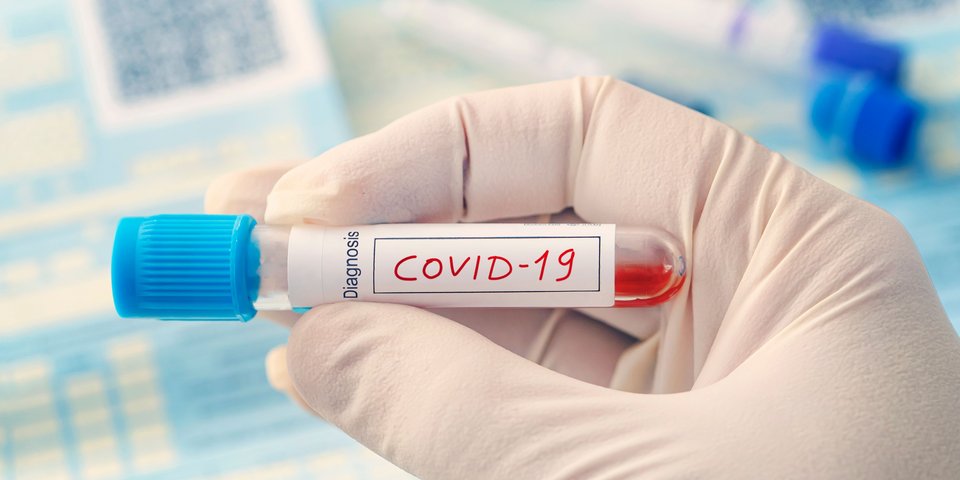
European Commission's actions to gear up for health crises
How can a second wave of infection be avoided?
RB – 08/2020
Enormous efforts have been made throughout Europe to curb the spread
of the coronavirus. The public health measures implemented at national
level have helped reduce the number of new infections to a level that
allows a gradual lifting of restrictions. Drawing on the experience of
the first wave of infection, Stella Kyriakides, the Commissioner for
Health, calls for "vigilance, preparedness and coordination" to prevent
further large-scale outbreaks. To prevent large-scale outbreaks, the
European Commission has published short-term EU precautionary measures.
Testing, contact tracing, monitoring
While infection control measures are gradually being relaxed, public
health surveillance is becoming a key phenomenon. The expansion of
sufficient testing facilities is essential for monitor the course of
infection and for the early detection of potentially infectious
persons,. They are a valuable tool to keep community spread under
control and to avoid long-distance exit restrictions.
Standardised procedures for contact tracing and mobile applications
(apps) have established themselves as a suitable means of detecting and
interrupting infection chains. In compliance with the applicable data
protection laws and respect for privacy, national apps are now in use.
The next step is to establish the interoperability of these
applications. The implementing decision (EU) 2019/1765 of the Commission
was amended accordingly, which supports the infrastructure for
interoperability of mobile apps for track and trace and alerts.
Parameters recommended for public health surveillance include
intensity and geographical spread, virus strain alteration, nosocomial
outbreaks, respiratory syndromes or impact on health systems. This and
other epidemiological information must be exchanged in a timely and
standardised manner.
Medical countermeasures
The global health crisis has had a negative impact on the functioning
of the EU internal market. At the beginning of the pandemic, access to
personal protective equipment, medical devices and, over time, to
medicines was difficult. The European Commission has counteracted these
problems through joint procurement procedures in emergency situations
and strategic stockpiling (rescEU). In addition Guidelines on export
restrictions and optimum and rationalised supply of pharmaceuticals were
also adopted.
Reducing the burden of seasonal flu
Seasonal flu is already a burden on health systems. A simultaneous
outbreak of influenza and COVID-19 would put additional pressure on
healthcare systems. This can be avoided by considering and implementing
measures to reduce the burden of seasonal flu. For example, by extending
and bringing forward the start of vaccination campaigns in the Member
States and additional national procurement of flu vaccines.
These and other measures should help to ensure that the EU is
prepared for a possible resurgence of COVID-19 and that targeted
measures are implemented early. You can read a detailed description of
short-term preventive measures here.
